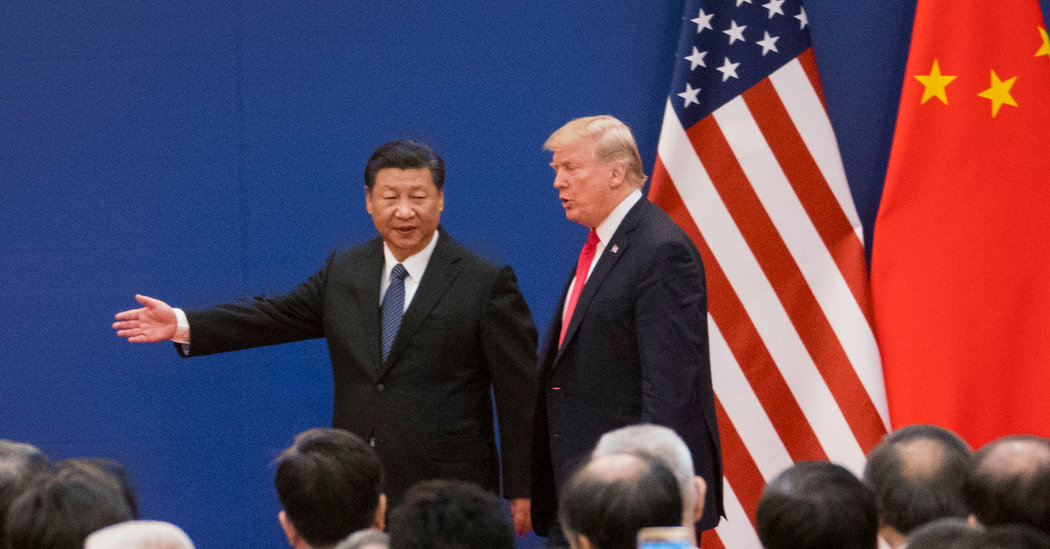Almost all of the company officials testifying said they supported the administration’s attempts to reach a more level playing field with China on trade, and a few argued for more protection for their industry.
Daniel Nation, the director of government relations for Parkdale Mills, testified Monday that textile and apparel products should be included on the administration’s tariff lists, to “help redirect trade in this sector to the Western Hemisphere.”
But most executives at the hearing protested the tariffs. Companies that make lingerie, toys, cribs and other products in China testified that the 25 percent tariffs would raise costs for consumers and disrupt supply chains, and could force them to lay off employees or close.
Hun Quach, the vice president for international trade at the Retail Industry Leaders Association, which represents big retail stores like Walmart and Costco, said she would testify this week against having retailers and consumers bear the brunt of the trade war.
“We support holding our trading partners accountable, but tariffs on clothing, shoes, consumer electronics and toys aren’t the solution to China’s bad practices,” Ms. Quach said.
At the Senate hearing Tuesday, Mr. Lighthizer conceded under questioning that tariffs alone might not necessarily change China’s behavior, but described them as the only tool at the Trump administration’s disposal to pressure the Chinese.
“I don’t know if it will get them to stop cheating,” Mr. Lighthizer said. “If we don’t get an agreement, then we have to do something, and if there’s a better idea than tariffs, I’d like to hear it. I haven’t heard it.”
Pressed on whether Mr. Trump would impose the next round of tariffs, Mr. Lighthizer demurred. “I don’t even know if we’re going to have the tariffs — it’s entirely up to the president,” he said.

